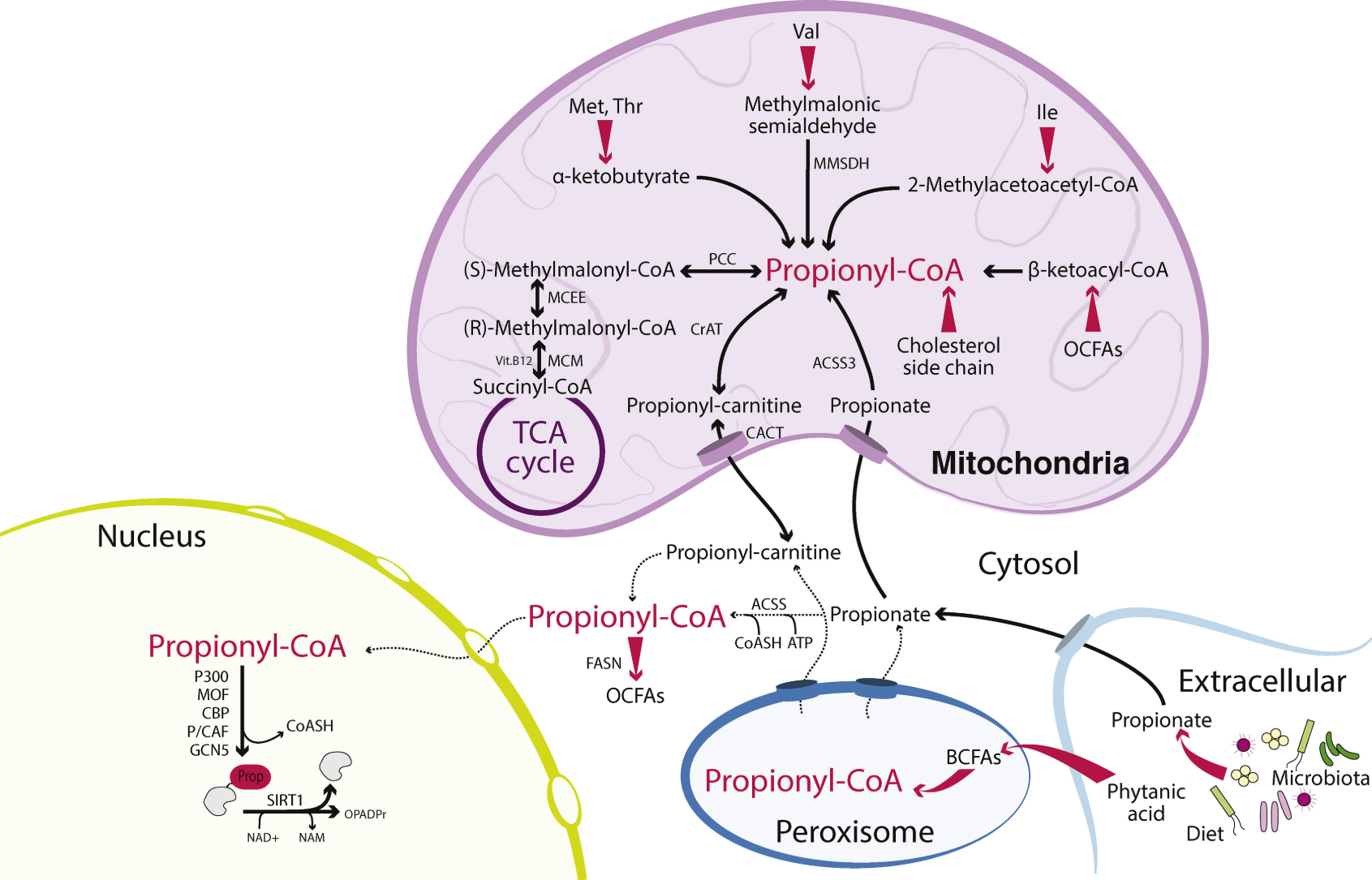Propionylation Analysis Service
Protein propionylation is a reversible post-translational modification that alters lysine residues and regulates protein structure and function, thereby influencing a wide range of cellular processes. Recognizing its emerging significance in metabolism, gene regulation, and disease progression, MtoZ Biolabs offers comprehensive Propionylation Analysis Services designed to meet both targeted and global research needs.
1. Target Protein Propionylation Analysis
This service focuses on the precise identification and characterization of propionylation sites on specific protein targets of interest. By combining optimized enrichment strategies with high-resolution LC-MS/MS detection, MtoZ Biolabs provides accurate localization and quantitative assessment of propionylation on client-specified proteins, such as recombinant, native, or signaling-related targets.
2. Propionylation Proteomics
For researchers seeking a systems-level understanding, MtoZ Biolabs offers propionylation proteomics analysis that enables global profiling of propionylated proteins within complex biological samples. Through advanced sample preparation, affinity-based enrichment, and high-resolution mass spectrometry, this service supports large-scale site identification, quantification across conditions, and functional interpretation via bioinformatics-driven pathway and network analyses. The results help reveal the molecular mechanisms of propionylation-mediated regulation and facilitate biomarker discovery.
With end-to-end solutions encompassing sample processing, enrichment, LC-MS/MS acquisition, and data interpretation, MtoZ Biolabs empowers scientists to translate complex propionylation data into actionable biological insights for both fundamental and translational research.
What Is Propionylation?
Protein propionylation is a reversible post-translational modification in which a propionyl group, derived from propionyl-CoA, is covalently attached to the lysine residues. This acylation alters the charge distribution and steric properties of proteins, thereby influencing their stability, enzymatic activity, and interactions with other biomolecules. Propionyl-CoA is a byproduct of amino acid catabolism, odd-chain fatty acid oxidation, and certain microbial fermentation pathways. This biochemical connection links propionylation directly to metabolic flux and energy homeostasis.

Trefely, S. et al. Mol Metab. 2020.
Figure 1. Propionyl-CoA can be generated in the Mitochondria through a Variety of Metabolic Sources
The modification was first reported in histones, where propionylation contributed to chromatin remodeling and epigenetic regulation. Since then, propionylation has been identified in a variety of non-histone proteins, broadening its relevance beyond gene expression to diverse cellular pathways. Studies have linked propionylation to metabolic enzyme activity, bacterial regulatory networks, and potential involvement in processes such as spermatogenesis.
As a rapidly expanding field in post-translational modification research, propionylation analysis provides valuable insights into the cross-talk between metabolism and protein regulation. Its study has the potential to reveal novel biomarkers and therapeutic targets, making it a focus of both fundamental biology and translational medicine.
Analysis Workflow

Sample Submission Suggestions
1. Sample Types
We accept various biological sample types, including but not limited to:
-
Cultured cells (provide at least 1×108 cells per condition)
-
Animal or human tissue (minimum 200 mg per condition)
-
Plant tissue(minimum 50 g per condition)
-
Biological fluids such as plasma or serum (minimum 200 µL per condition)
2. Storage and Transport
Samples should be snap-frozen in liquid nitrogen and stored at –80°C until shipment. Ship samples on dry ice. Avoid repeated freeze–thaw cycles.
Clients are encouraged to contact MtoZ Biolabs prior to submission for tailored sample preparation advice.
Service Advantages
✔️Advanced Platforms
MtoZ Biolabs established an advanced protein post-translational modifications analysis platform, ensuring confident identification and quantification of propionylation sites.
✔️Comprehensive Solutions
From sample preparation to bioinformatics interpretation, we deliver a complete one-stop workflow.
✔️Expertise in PTMs
Our team has extensive experience in post-translational modification analysis, ensuring reliable results.
✔️Customizable Reports
Data outputs are tailored to client needs, suitable for research publications, grant applications, or regulatory submissions.
✔️Reproducibility and Quality
Rigorous quality control measures guarantee consistent, reproducible results across projects.
Applications
The Propionylation Analysis Service at MtoZ Biolabs can be applied across multiple areas of life science research:
1. Metabolic Regulation
Understanding the role of propionylation in linking metabolism with protein regulation and energy balance.
2. Disease Mechanisms
Identifying propionylation-associated changes in cancer, diabetes, cardiovascular disease, and neurological disorders.
3. Plant and Photosynthesis Research
Investigating propionylation of proteins related to chloroplast function and photosynthetic regulation.
4. Drug Development
Assessing propionylation as a potential target for therapeutic intervention and biomarker discovery.
5. Gene Expression Regulation
Exploring the role of histone propionylation in chromatin remodeling and transcriptional control.
Deliverables
1. Comprehensive Experimental Details
2. Materials, Instruments, and Methods
3. The Detailed Information of Propionylation Analysis
4. Mass Spectrometry Image
5. Bioinformatics Analysis
6. Raw Data
With advanced mass spectrometry platforms and expert analysis, MtoZ Biolabs' Propionylation Analysis Service offers researchers reliable data and meaningful insights to accelerate discovery and innovation. Free project evaluation, welcome to learn more details!








